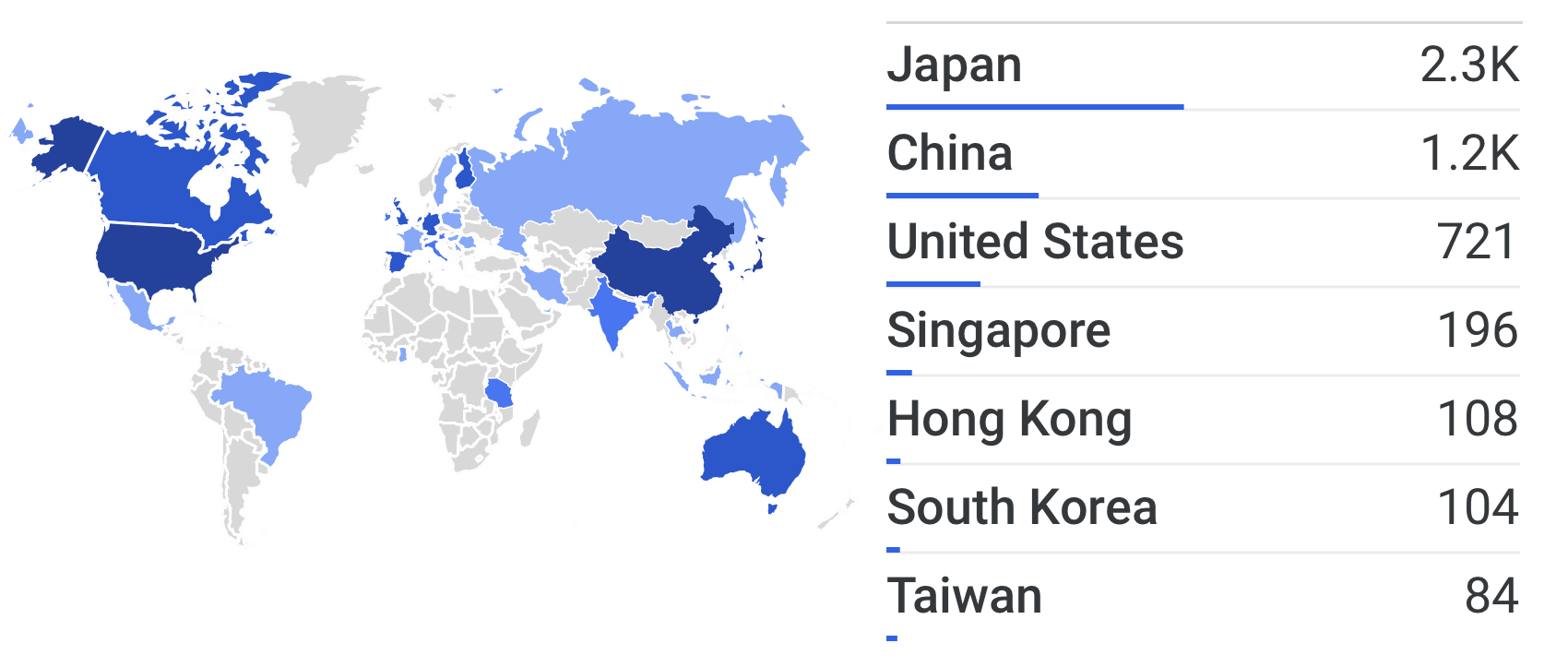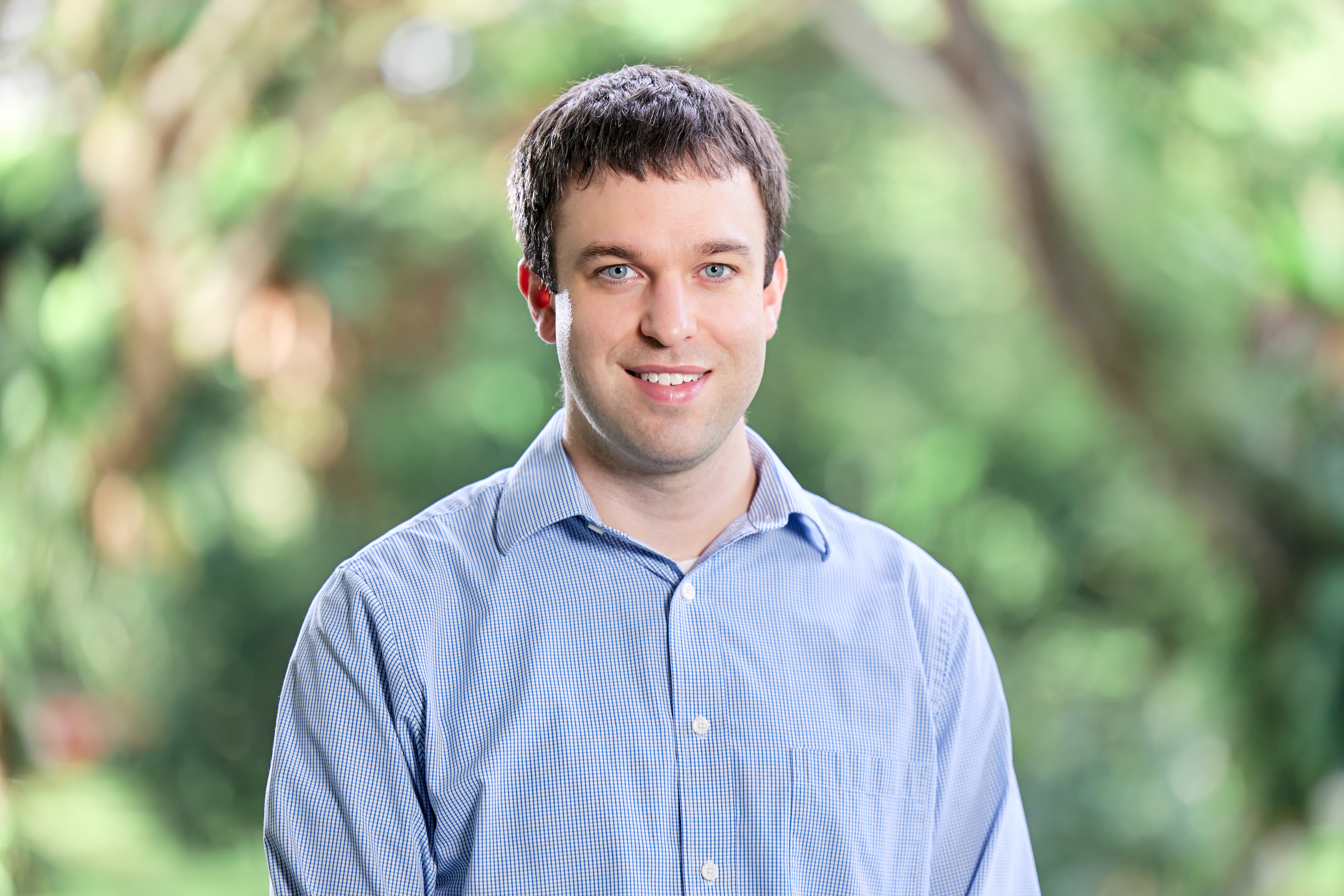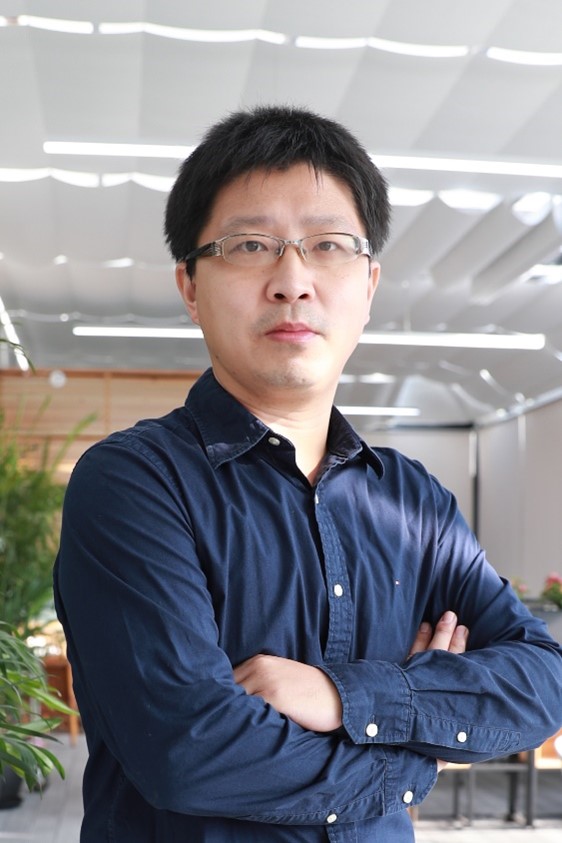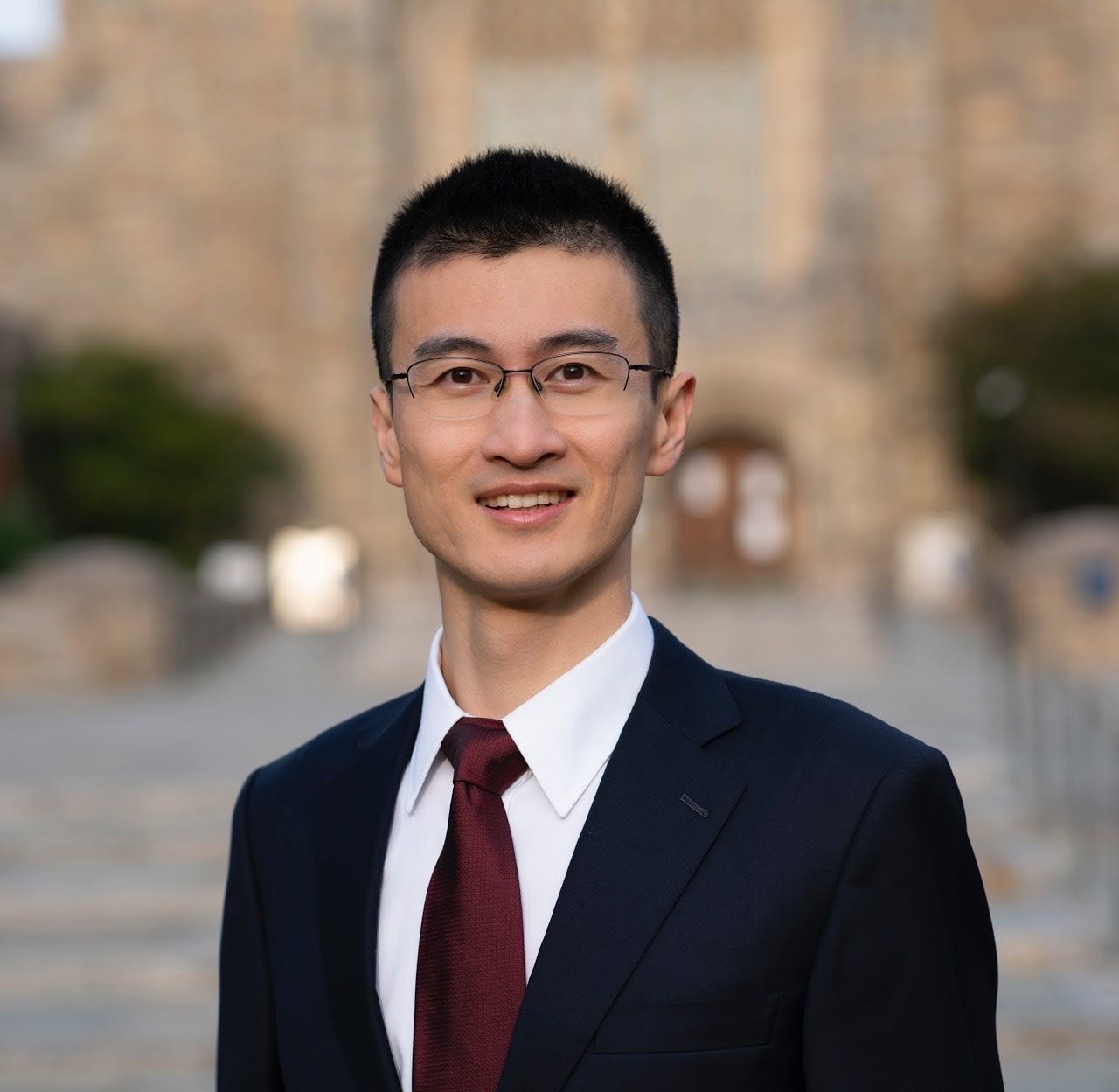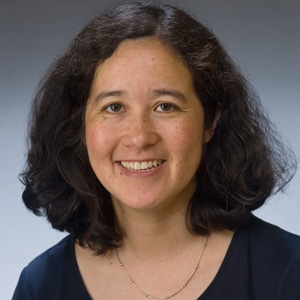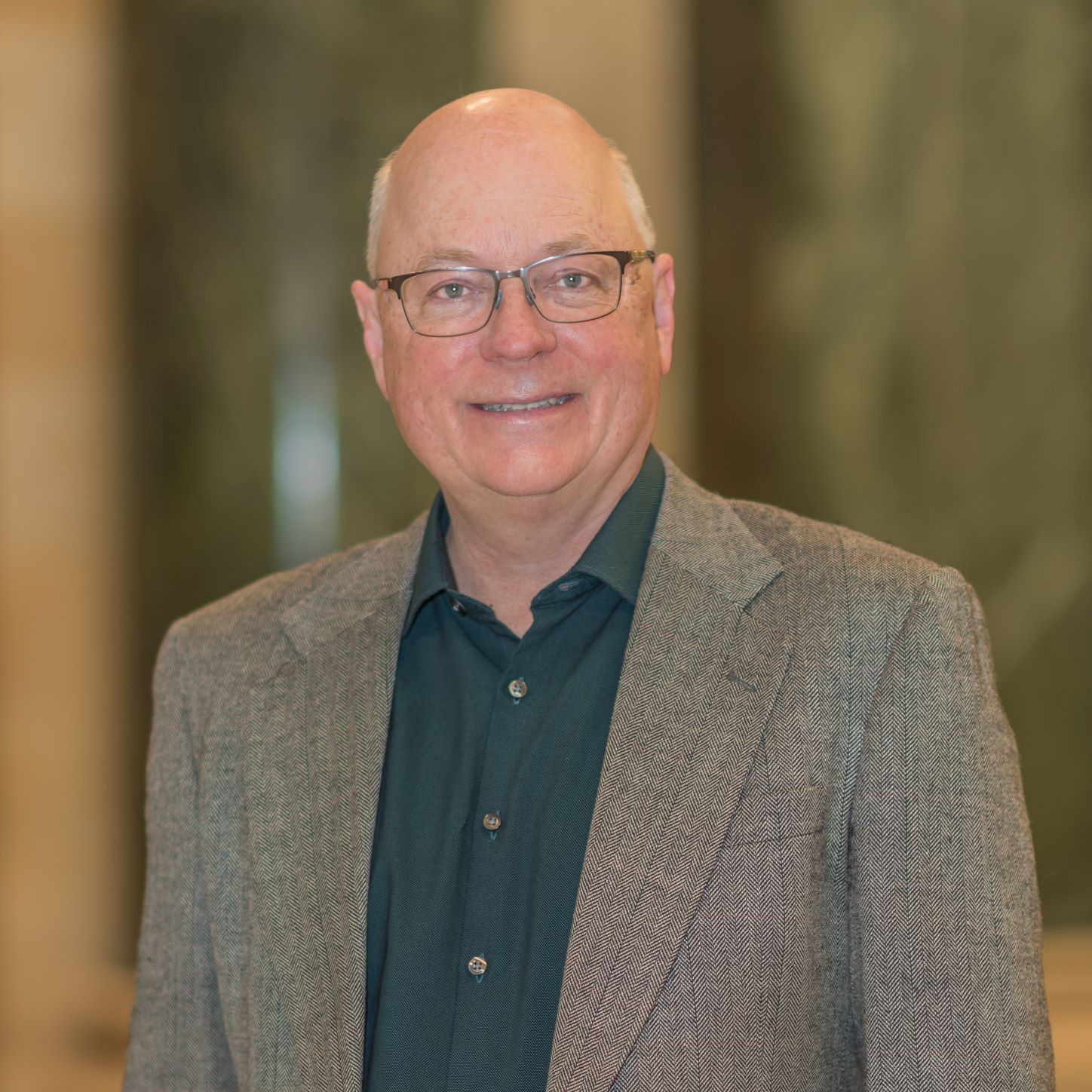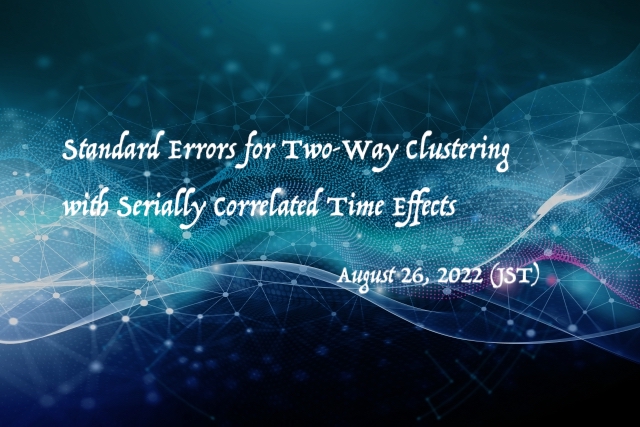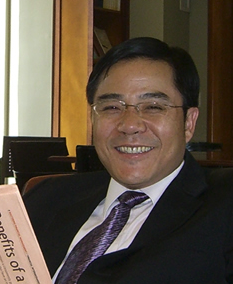Next Seminar
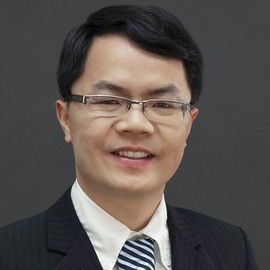 |
Date | June/1/2025 |
| Time | Japan Standard Time (UTC+9h) | |
| 9:00~12:00 | ||
| Speaker | Yang Feng New York University | |
| Title | Transfer Learning, Multi-task Learning, and Federated Learning: Statistical Foundations for Modern Data Integration | |
| Abstract | The ability to transfer knowledge across tasks and domains lies at the heart of both human cognition and modern machine learning. Frameworks such as transfer learning, multi-task learning, and federated learning have emerged as powerful paradigms for data integration, enabling learning across heterogeneous, high-dimensional, and privacy-sensitive data sources. However, significant statistical challenges remain, including: (1) unknown task similarity; (2) data contamination; (3) high dimensionality; and (4) strict privacy constraints. This talk series introduces the statistical foundations of these frameworks and highlights recent advances from my research group that address these challenges. Part I: Transfer Learning. We present a framework for high-dimensional generalized linear models that combines pre-trained Lasso estimators with a calibrated fine-tuning step. The method offers theoretical guarantees for estimation and inference, and reveals granular insights through an application to U.S. county-level predictions in the 2020 presidential election. Part II: Federated Unsupervised Learning. To tackle heterogeneity in mixture models across distributed data sources, we develop a federated gradient EM algorithm that is communication-efficient and privacy-preserving. We derive finite-sample bounds for parameter estimation and demonstrate the practical advantages in handwritten digit clustering. Part III: Representation-based Multi-task Learning. Going beyond distance-based similarity assumptions, we propose a new framework that adapts to task similarity and is robust to outlier tasks. We derive minimax-optimal guarantees under heterogeneous representations and contaminated task-level data, with applications to image and text representation learning. | |
| Venue | Click here to join the Zoom Meeting Meeting ID:849 6581 7885 Passcode: 619383 | |
| Chair | Qingfeng Liu Hosei University | |
| Hosts | TEDS, JSPS KAKENHI (C) No. 25K05040 (Qingfeng Liu) |
|
|
|
Upcoming Seminars
 |
Date | June/1/2025 |
| Time | Japan Standard Time (UTC+9h) | |
| 9:00~12:00 | ||
| Speaker | Yang Feng New York University | |
| Title | Transfer Learning, Multi-task Learning, and Federated Learning: Statistical Foundations for Modern Data Integration | |
| Abstract | The ability to transfer knowledge across tasks and domains lies at the heart of both human cognition and modern machine learning. Frameworks such as transfer learning, multi-task learning, and federated learning have emerged as powerful paradigms for data integration, enabling learning across heterogeneous, high-dimensional, and privacy-sensitive data sources. However, significant statistical challenges remain, including: (1) unknown task similarity; (2) data contamination; (3) high dimensionality; and (4) strict privacy constraints. This talk series introduces the statistical foundations of these frameworks and highlights recent advances from my research group that address these challenges. Part I: Transfer Learning. We present a framework for high-dimensional generalized linear models that combines pre-trained Lasso estimators with a calibrated fine-tuning step. The method offers theoretical guarantees for estimation and inference, and reveals granular insights through an application to U.S. county-level predictions in the 2020 presidential election. Part II: Federated Unsupervised Learning. To tackle heterogeneity in mixture models across distributed data sources, we develop a federated gradient EM algorithm that is communication-efficient and privacy-preserving. We derive finite-sample bounds for parameter estimation and demonstrate the practical advantages in handwritten digit clustering. Part III: Representation-based Multi-task Learning. Going beyond distance-based similarity assumptions, we propose a new framework that adapts to task similarity and is robust to outlier tasks. We derive minimax-optimal guarantees under heterogeneous representations and contaminated task-level data, with applications to image and text representation learning. | |
| Venue | Click here to join the Zoom Meeting Meeting ID:849 6581 7885 Passcode: 619383 | |
| Chair | Qingfeng Liu Hosei University | |
| Hosts | TEDS, JSPS KAKENHI (C) No. 25K05040 (Qingfeng Liu) |
Past Seminars
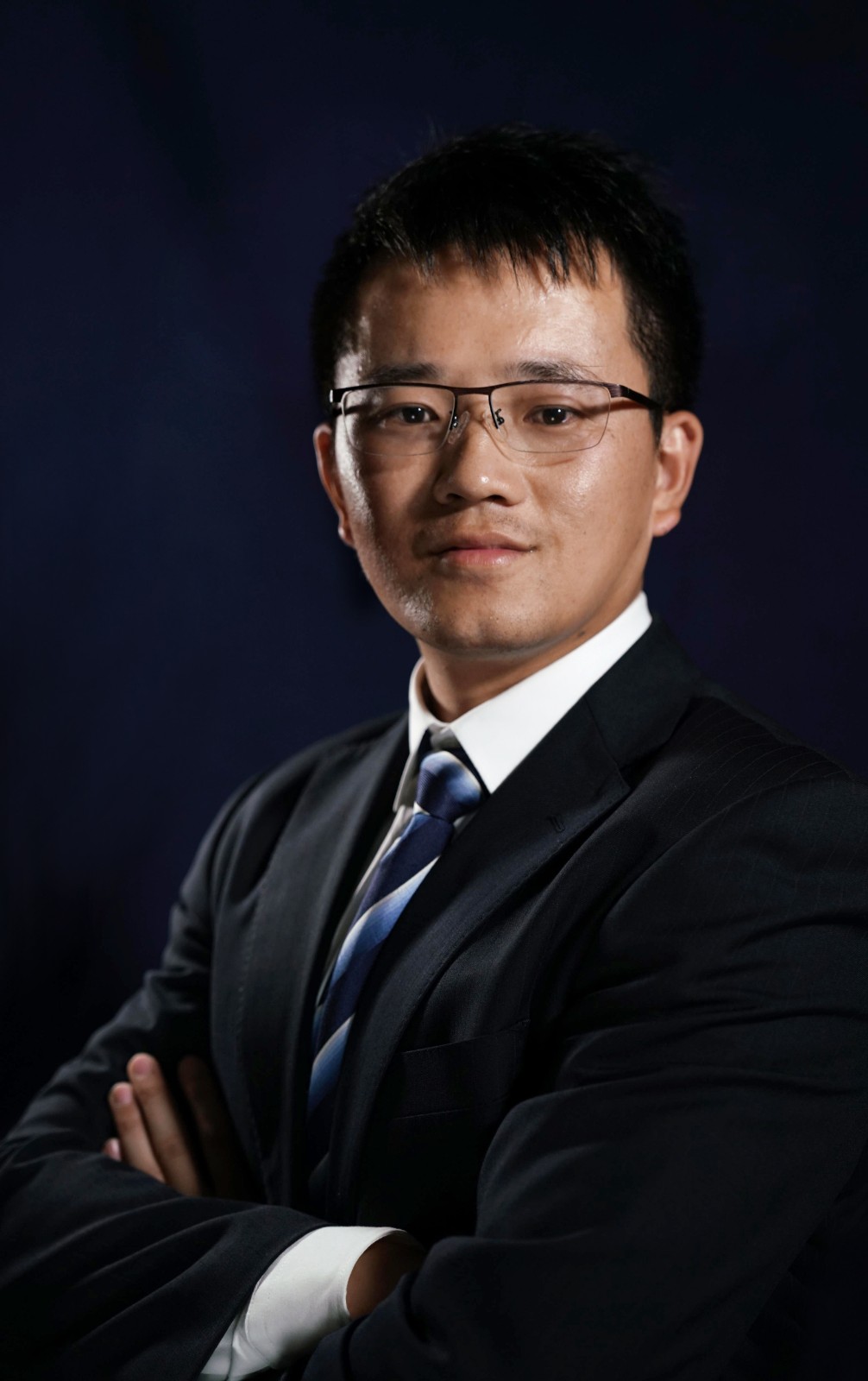 |
Date | April/14/2023 |
| Time | Japan Standard Time (UTC+9h) | |
| 11:30~12:45 | ||
| Speaker | Qihui Chen The Chinese University of Hong Kong (Shenzhen) | |
| Title | Semiparametric Conditional Factor Models: Estimation and Inference | |
| Abstract | This paper introduces a simple and tractable sieve estimation of semiparametric conditional factor models with latent factors. We establish large-N-asymptotic properties of the estimators and test statistics without requiring large T. We also develop a simple bootstrap procedure for conducting inference about the conditional pricing errors as well as the shapes of the factor loading functions. These results enable us to estimate the conditional factor structure of a large set of individual assets by utilizing arbitrary nonlinear functions of a number of characteristics without the need to pre-specify the factors, while allowing us to disentangle the characteristics’ role in capturing factor betas from alphas (i.e., undiversifiable risk from mispricing). We apply these methods to the cross-section of individual U.S. stock returns and find strong evidence of large nonzero pricing errors that combine to produce arbitrage portfolios with Sharpe ratios above 3. | |
| Venue | Click here to join the Zoom Meeting Meeting ID:852 1615 0902 Passcode: 207686 | |
| Chair | Wenjie Wang Nanyang Technological University | |
| Hosts | TEDS and Nanyang Technological University |

